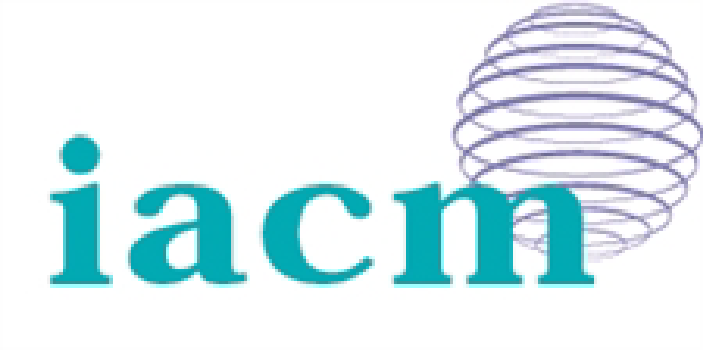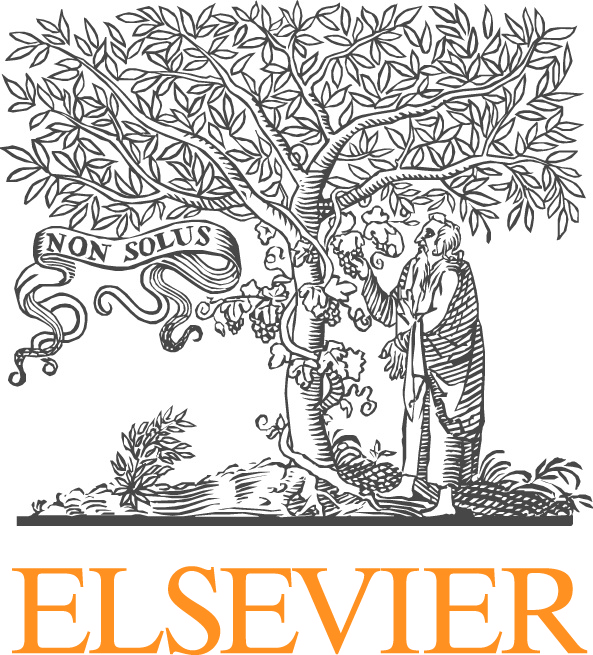Waiching Sun, Columbia University
Jiun-Shyan Chen, University of California-San Diego
Qiushi Chen, Clemson University
Ronaldo Borja, Stanford University
Geomaterials, such as soil, rock and concrete, are multiphase porous materials whose macroscopic mechanical behaviors are governed by grain size distribution and mineralogy, fluid-saturation, pore space, temperature, loading paths and rates, drainage conditions, chemical reactions, and other factors. As a result, the failure mode of geological materials may take many different forms, ranging from brittle fracture, shear banding, to the diffusive cataclastic flow. Modeling this wide spectrum of failure mechanisms requires in-depth knowledge on how microscopic mechanisms, such as pore collapses, dislocation, and microcrack growth affects the macroscopic outcomes, as well as the design, implementation, verification, and validation of numerical methods that enable reliable predictions.
This mini-symposium is intended to provide a forum for researchers to present contributions on recent advances in computational geomechanics problems. Topics within the scope of interests include but not limited to: (1) development and validation of constitutive models that addressed multi-physical coupling effects, (2) discrete and continuum formulations for geomechanics problems, (3) uncertainty quantification of geological systems, (5) multiscale methods and (6) data-driven methods for geomechanics problems.







